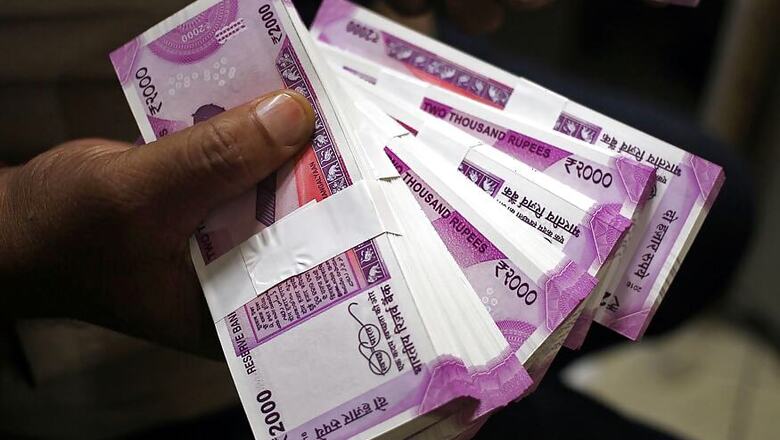
views
New Delhi: The initiatives announced by the government for start-ups in the Union Budget would significantly improve flow of funds and encourage budding entrepreneurs, a top official said. Secretary in the Department for Promotion of Industry and Internal Trade (DPIIT) Ramesh Abhishek said the Budget proposals have also resolved angel tax issues of start-ups.
"Major tax reforms have been announced for start-ups that will significantly improve flow of funds to them and address many tax related issues they have been facing," Abhishek told PTI.
The Budget has proposed special administrative arrangements to be made by the Central Board of Direct Taxes (CBDT) for resolving pending tax assessments of start-ups and redressal of their grievances. The government will ensure that no inquiry or verification in pending cases can be carried out by the assessing officer without obtaining approval of his supervisory officer.
These measures, he said, would help budding entrepreneurs focus more on their businesses and not on regulatory matters. "Overall, it is seen that the Budget has addressed important issues such as improving the flow of funds and credit growth," the secretary said.
In February, the DPIIT and the CBDT gave a major relief to budding entrepreneurs by relaxing the definition of start-ups and allowing them to avail full angel tax concession on investments up to Rs 25 crore.
This was done as several start-ups claimed to have received angel tax notices, impacting their businesses. Various start-ups have raised concerns on notices sent to them under the section 56(2)(viib) of Income Tax Act, 1961 to pay taxes on angel funds received by them.
Section 56(2)(viib) of the Income Tax Act provides that the amount raised by a start-up in excess of its fair market value would be deemed as income from other sources and would be taxed at 30 per cent.
Touted as an anti-abuse measure, this section was introduced in 2012. It is dubbed as angel tax due to its impact on investments made by angel investors in start-up ventures.
The Budget has also proposed tax incentives for the start-up community in terms of carry-forwarding losses and exemption of capital gains on sale of residential property for investment purpose.
Commenting on the Budget measures, S Vasudevan, Partner, Lakshmikumaran & Sridharan Attorneys said the proposals would have a positive impact on the community. "The most significant change introduced is the relaxation in the condition related to investment of capital gains from sale of residential property," he said.
The government launched the 'Startup India' initiative on January 16, 2016, to build a strong ecosystem for nurturing innovation and entrepreneurship. It also provided them with certain tax benefits and other incentives.
The DPITT has so far recognised 19,710 start-ups, with over 540 of them receiving exemption from angel tax.




















Comments
0 comment